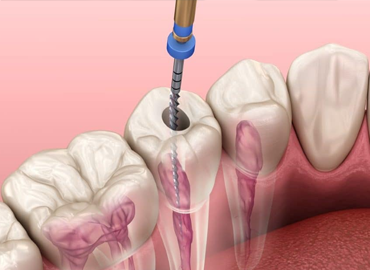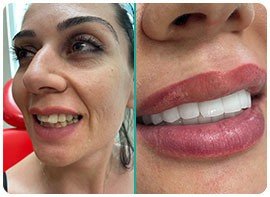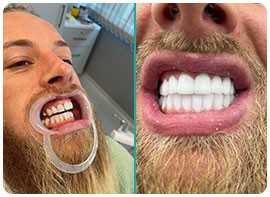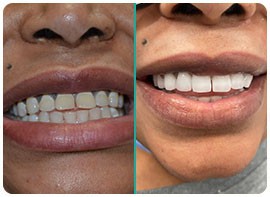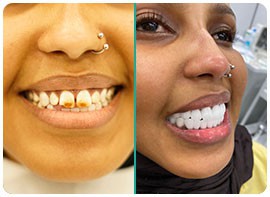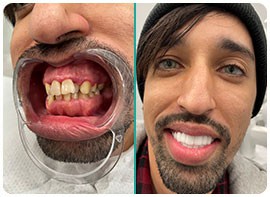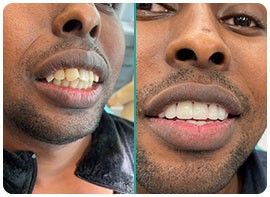What is Endodontics (Root Canal Treatment)?
In endodontics, caries is the process of collecting nerve tissues one by one, such as the thread located in the center of the tooth. Damaged tooth tissue is cleaned by endodontics method. With the arrival of the endodontic method, the tooth extraction method is not used unless it is necessary.The damaged area, which is rotten, is being cleaned. If there is damage and fracture in the tooth, a filling is applied to this area after the endodontic procedure. Thus, tooth loss is reduced along with the endodontic method.
It is a Latin term derived from the words endo (internal) and donti (dental). The department of endodontics deals with the diagnosis and treatment of diseases that occur in the tissues surrounding the tooth itself, as well as living tissues such as veins and nerves in the inner part of the tooth, defined as the dental pulp (tooth extract).
What Is the Use of Endodontics (Root Canal Treatment) Treatment?
Doctors of the endodontics department mainly aim to protect a person's natural teeth. Damage caused to the dental pulp and surrounding tissues due to causes such as caries, fractures, infection and trauma is treated. For this purpose, the endodontic physician can perform root canal treatment, as well as regeneration treatments to preserve the vitality of the tooth. Regeneration therapy aims to create living tissue inside the root of the tooth, while canal treatment aims to protect the natural tooth inside the mouth.
*Dental caries
*Cracked teeth
*Bridge and denture
*Endodontics method is applied in deep dental caries.
The endodontic method is applied in the form of several sessions according to the damage caused to the tooth. Interrupting the sessions in the endodontics method, neglecting the treatment after the first session, can lead to tooth loss.
How is Endodontics (Root Canal treatment) Performed?
Disinfection of the cavity formed by removing the vessels and nerves contained in the pulp of the tooth, known as the tooth extract, from the area is performed by expanding the existing canal structure and closing the gaps formed in the canals with a special filling material. For root canal treatment, first of all, the problem that exists in a person's tooth should be determined by dental examination and radiological imaging methods. After deciding on endodontic treatment, the doctor applies local anesthesia to reduce the feeling of pain. First of all, caries in the enamel and dentin layers of the tooth are cleaned and the path to the pulp is created. Then, the tooth is isolated by attaching a “rubber dam” to the tooth to be treated. If necessary, the tooth is checked again with radiological imaging methods and microorganisms inside the canal where the root is located are destroyed with the help of special tools. After this procedure, the root canal of the tooth is disinfected.
The cleaned canal cavity is closed with fillers and the treatment process is terminated by closing the upper part of the tooth with a crown. As a result of the procedures performed during root canal treatment, the relationship between the tooth and the surrounding tissue is Decoupled. Thus, the risk of a possible infection occurring and recurrence is reduced. After endodontic treatment, even though the tooth is dead, it performs the chewing function smoothly. In addition, the jawbone located under the tooth is actively used. This also helps to prevent jawbone melting. Restoring the tooth after root canal treatment increases the life of the tooth. In other words, teeth that have undergone root canal treatment but have not been restored are more fragile compared to healthy teeth. For this reason, the tooth is completely covered with a porcelain, ceramic or metal crown to protect the tooth undergoing root canal treatment and prolong its life. The restored tooth may be sensitive for several days following the procedure.
Does Pain Occur During Endodontics (Root Canal Treatment)?
Since local anesthesia is applied, the feeling of pain will be minimized. It is natural for patients to feel sensitivity during endodontics. This sensitivity occurs due to damage to the pulp.The pain caused by the treatment is the same as the pain during the filling process.
How Long is the Life of the Tooth Undergoing Endodontics ( Root Canal Treatment)?
Root canal treated teeth; by staying in the mouth for many years, it allows the continuity of chewing function and obtaining a beautiful appearance aesthetically. Regular oral and dental care should be performed against the risk of repeated caries formation in the treated tooth, and the doctor's examination should not be neglected.
For this reason, it is very important for a successful result that you do not interrupt your treatment in accordance with the procedures and dates prepared by your doctor.
